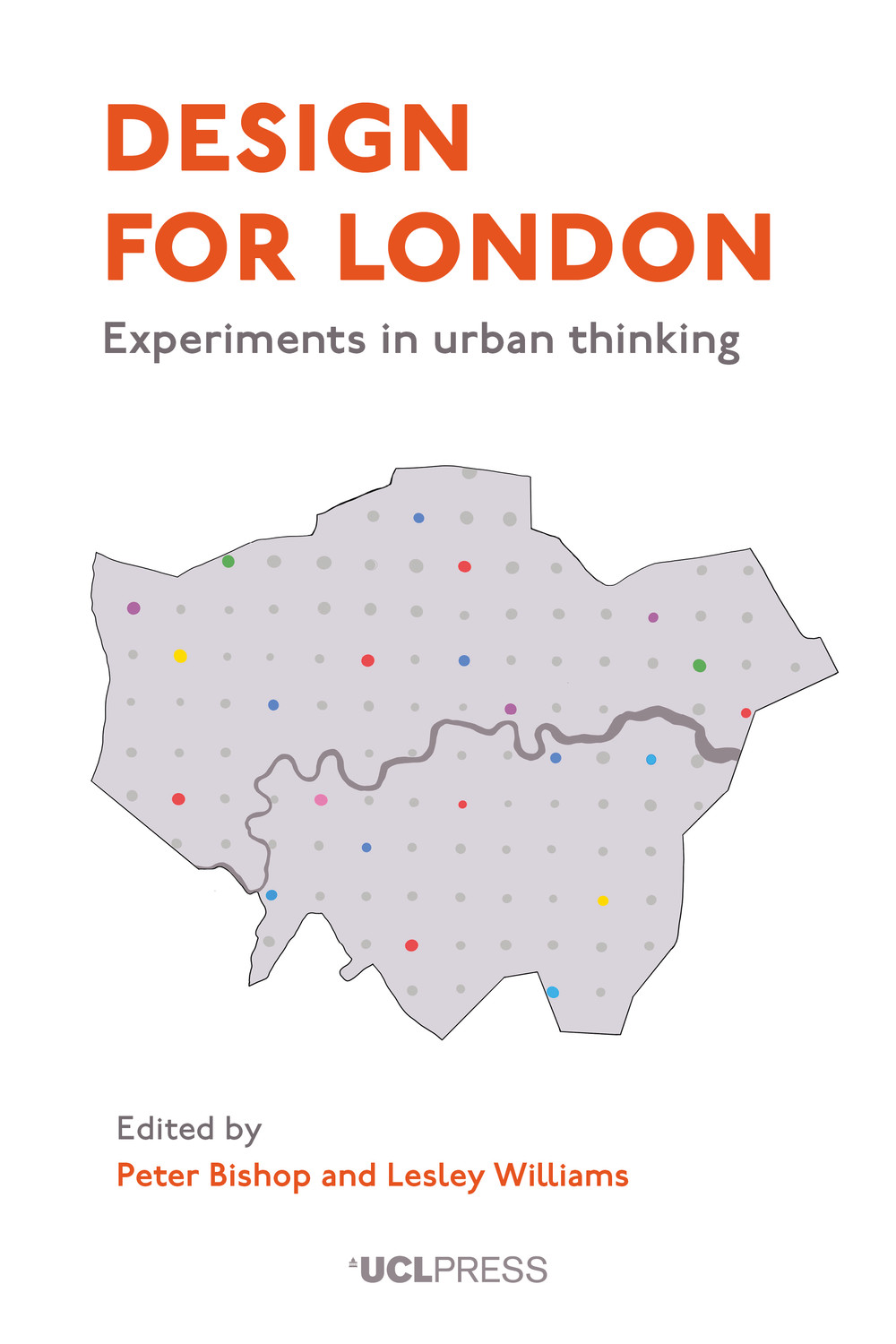Community-Led Regeneration
A Toolkit for Residents and Planners
Pablo Sendra and Daniel Fitzpatrick
***Shortlisted by 2021 National Urban Design Awards***
Through seven London case studies of communities opposing social housing demolition and/or proposing community-led plans, Community-Led Regeneration offers a toolkit of planning mechanisms and other strategies that residents and planners working with communities can use to resist demolition and propose community-led schemes. The case studies are Walterton and Elgins Community Homes, West Ken and Gibbs Green Community Homes, Cressingham Gardens Community, Greater Carpenters Neighbourhood Forum, Focus E15, People’s Empowerment Alliance for Custom House (PEACH), and Alexandra and Ainsworth Estates. Together, these case studies represent a broad overview of groups that formed as a reaction to proposed demolitions of residents' housing, and groups that formed as a way to manage residents' homes and public space better.
Drawing from the case studies, the toolkit includes the use of formal planning instruments, as well as other strategies such as sustained campaigning and activism, forms of citizen-led design, and alternative proposals for the management and ownership of housing by communities themselves.
Community-Led Regeneration targets a diverse audience: from planning professionals and scholars working with communities, to housing activists and residents resisting the demolition of their neighbourhoods and proposing their own plans.
Praise for Community-Led Regeneration
'Many accounts exist on the struggles of community-led regeneration, but this book has the merit to bring the key issues together in a clear form for residents wishing to preserve their homes and communities, by gaining more control over their future and urban designers assisting them.'
Urban Design Group
Pat Turnbull, London Tenants Federation
'Described as a “toolkit for residents and planners”, this is no dry theoretical survey, but a practical guide for the thousands of people currently facing uncertainty about the future of their homes... bringing activists together to share their experiences and build a collective body of knowledge that will be so important for future campaigns. Its release is timely: the coronavirus pandemic has shown just how powerful community self-organising, mutual aid and the solidarity of local support networks can be. By compiling such a broad (if London-centric) range of case studies, Sendra and Fitzpatrick have performed a vital public service, helping to ensure that any communities facing top-down regeneration in future know that they are not alone – and that it is eminently possible to hold off the bulldozers. For now, at least.'
The Guardian, Oliver Wainright
Pablo Sendra is Lecturer in Planning and Urban Design at The Bartlett School of Planning, UCL. He combines his academic career with professional practice in urban design. He is co-founder of the urban design practice Lugadero, which has recently run a co-design process for two public spaces in Wimbledon, London. He is also co-founder of Civicwise, a network that works on civic engagement and collaborative urbanism. At UCL, he is the Acting Director of the MSc in Urban Design and City Planning programme, the coordinator of the Civic Design CPD Course and the Deputy Leader of the Urban Design Research Group. Daniel Fitzpatrick finished his PhD in Planning Studies at the Bartlett School of Planning, UCL, in 2017, investigating mutual housing models in London and their governance. Since then, he has been a researcher at the Bartlett looking at formal and informal practices of estate regeneration and collective housing. He continues to tutor on planning, urban design, housing and governance issues. He has worked in India, Italy, Cuba, Chile, Nepal and London, working on projects at different scales, from international development to regeneration and within local government. He was a partner of Variant Office between 2014 and 2018.
Preface
Richard Lee and Michael Edwards, Just Space
Acknowledgements
Introduction
Part I: Case studies
1. Walterton and Elgins Community Homes
2. West Ken Gibbs Green Community Homes
3. Cressingham Gardens Community
4. Greater Carpenters Neighbourhood Forum
5. Focus E15
6. People’s Empowerment Alliance for Custom House (PEACH)
7. Alexandra and Ainsworth Estates
Part II: Tools for community-led regeneration
8. Gaining residents’ control
9. Localism Act 2011
10. Policies for community participation in regeneration
11. Using the law and challenging redevelopment through the courts
Sarah Sackman
12. Informal tools
Part III: Next challenges for community-led regeneration
Conclusions
Bibliography
Index
Urban Design Group
'The toolkit is useful in describing very clearly the options and challenges for resident groups who want to contest unwanted regeneration proposals. ... One useful aspect of the toolkit is the detailed description of the legal framework and its history.'
Pat Turnball, London Tenants Federation website
'Described as a “toolkit for residents and planners”, this is no dry theoretical survey, but a practical guide for the thousands of people currently facing uncertainty about the future of their homes... bringing activists together to share their experiences and build a collective body of knowledge that will be so important for future campaigns. Its release is timely: the coronavirus pandemic has shown just how powerful community self-organising, mutual aid and the solidarity of local support networks can be. By compiling such a broad (if London-centric) range of case studies, Sendra and Fitzpatrick have performed a vital public service, helping to ensure that any communities facing top-down regeneration in future know that they are not alone – and that it is eminently possible to hold off the bulldozers. For now, at least.'
The Guardian
Format: Hardback
Size: 234 × 156 mm
184 Pages
17 colour illustrations
Copyright: © 2020
ISBN: 9781787356085
Publication: April 15, 2020
Related products
Comparative Approaches to Informal Housing Around the Globe
Comparative Approaches to Informal Housing Around the Globe brings together h...Critical Dialogues of Urban Governance, Development and Activism
Cities have been sites of some of the most visible manifestations of the evol...








